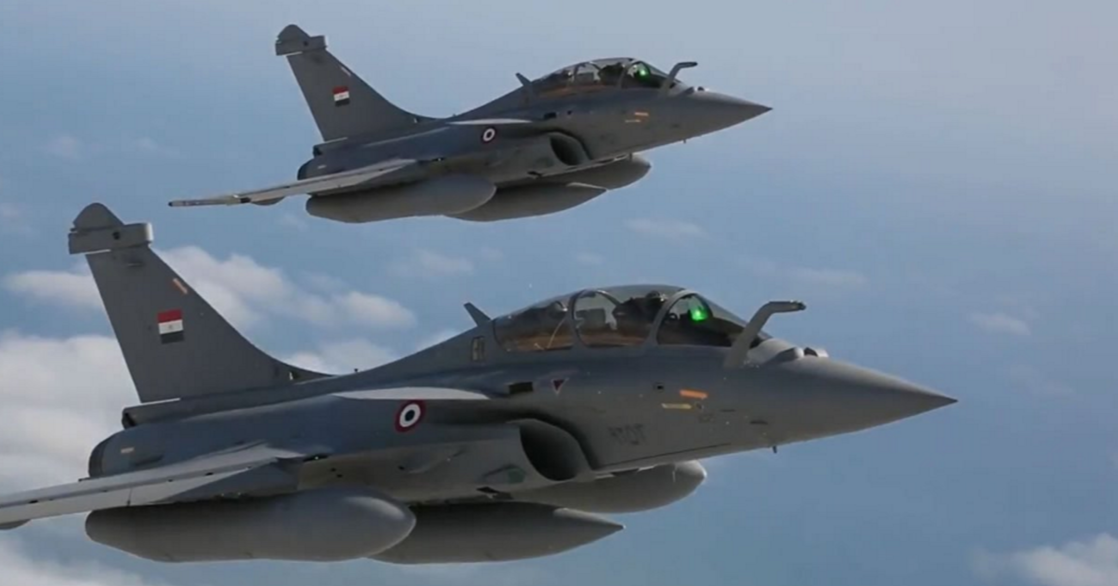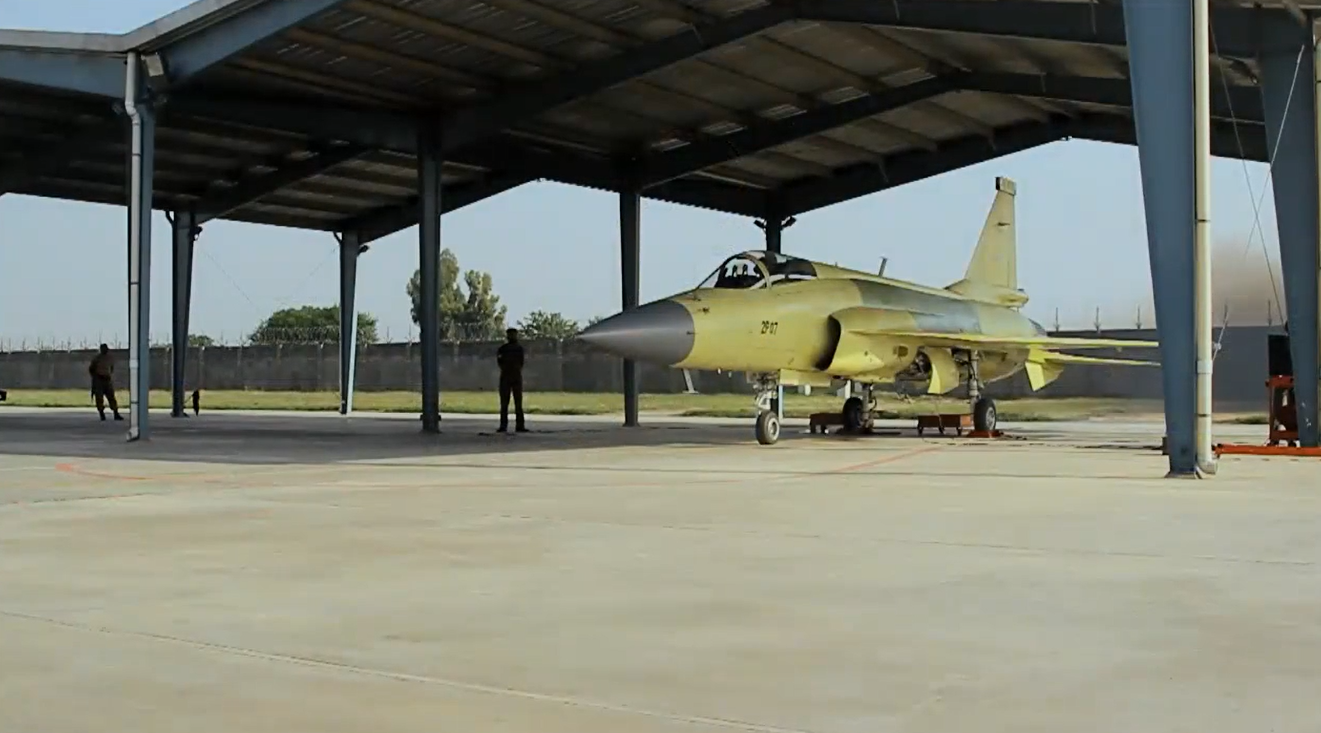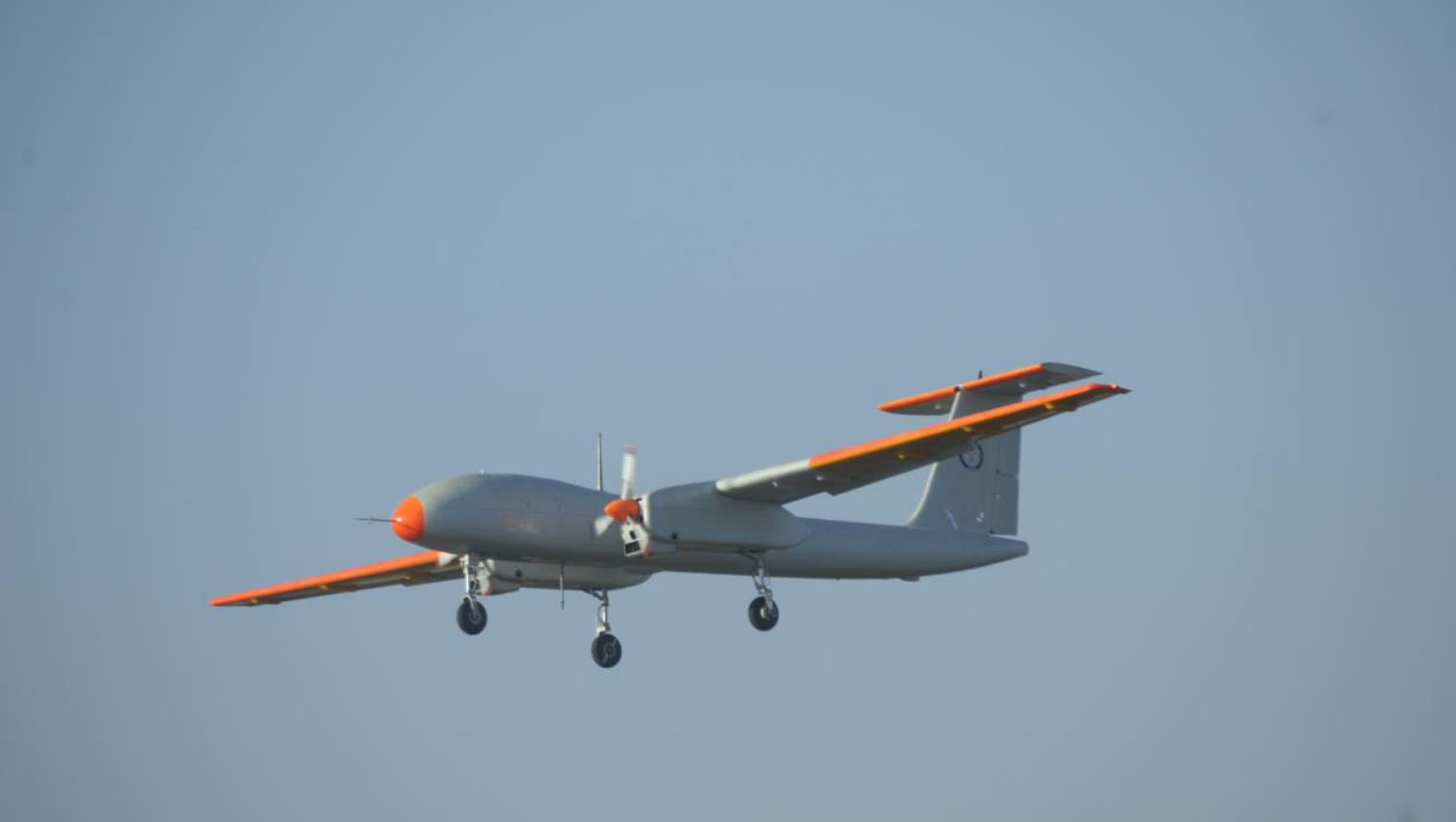2051Views 0Comments

India launches bid for 110 new multi-role fighters
The Times of India (TOI) reports that the Indian Air Force (IAF) has begun issuing requests-for-information (RFIs) for the potential purchase of 110 new multi-role fighters to supplant its aging MiG-21 and MiG-27s as well as complement its forthcoming Rafale and Tejas procurement.
Boeing (F/A-18E/F Block-III), Dassault (Rafale F3R), the Eurofighter Consortium (Typhoon Tranche 3), Saab (JAS-39E/F), Lockheed Martin (F-16 Block-70/72) and United Aircraft Corporation (MiG-35) are expected to submit their respective responses by 03 July 2018.
Notes & Comments:
This RFI subsumes an earlier program for a new single-engine fighter, thus broadening the scope to now include twin-engine designs. Though it broadens the pool of prospective suppliers for the bid, it also lets the IAF examine follow-on Rafale batches (i.e. scaling its commitment to build an overhead for 36 aircraft with more of the same – albeit updated – type). India had intended to procure 126 Rafales.
However, with the IAF also committing to procuring 201 Tejas Mk2 fighters – i.e. joining the 123 Tejas/Mk1 already on order – it will be interesting to see how the IAF examines the comparatively lightweight options in the amalgamated bid (i.e. Gripen, F-16 and MiG-35).
Selecting those options could be construed as spending considerably for relatively marginal gains, especially since the Tejas Mk2 is to bring increased endurance, payload and electronics capabilities to the fore when available. The IAF expanding the bid to twin-engine designs and committing to the Tejas Mk2 could be a dampener for Saab, Lockheed Martin and United Aircraft Corporation.
In parallel, the Indian Navy (IN) also has a requirement for 57 new fighter aircraft for its burgeoning aircraft carrier fleet. With the Super Hornet, Rafale and Gripen M being among the competitors for the IN bid, the IAF and IN have an opportunity to pool their respective requirements. However, though sensible from a cursory logistics, maintenance and industrial streamlining perspective, it could concentrate the benefit of the fighter requirements to a single domestic vendor.
Underlining its ‘Strategic Partnership’ policy, New Delhi requires overseas competitors to partner with an industrial and commercial partner in India in their respective bids. The intent behind this policy is to back multiple domestic actors in India’s defence procurement, i.e. preventing the concentration of big-ticket programs into one or two companies. However, with the policy also precluding a participant in one field from engaging in another (e.g. a firm bidding for helicopters cannot bid for fighters), the pooling of IN and IAF requirements may not be a risk. In effect, Anil Ambani’s Reliance Group may not have many options outside of pursuing this fighter bid through the Rafale – a combined IAF-IN bid would guarantee long-term business and domestic activity for Reliance Group.


